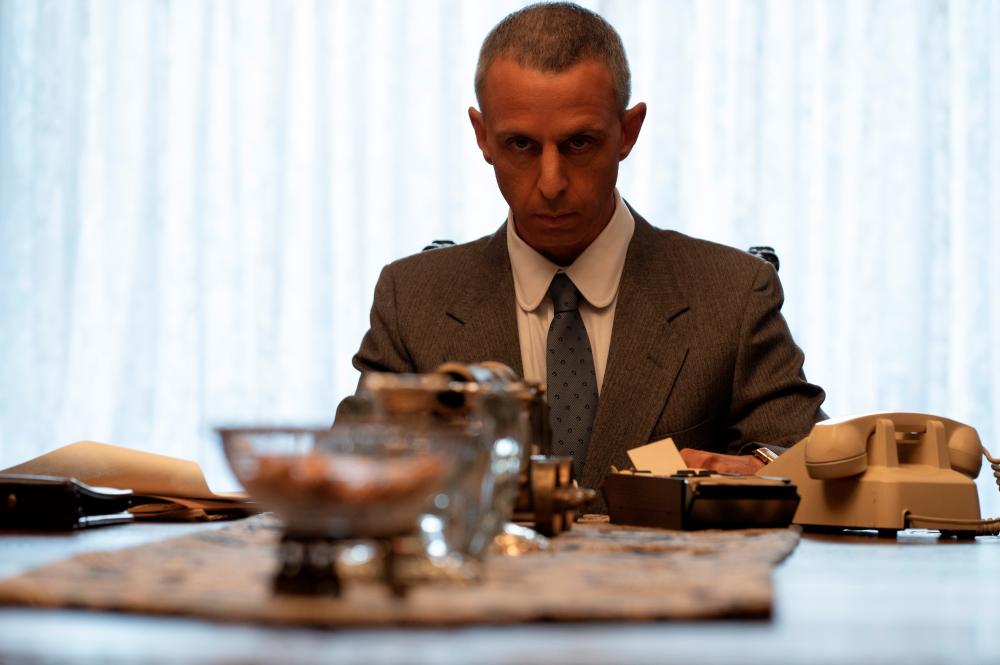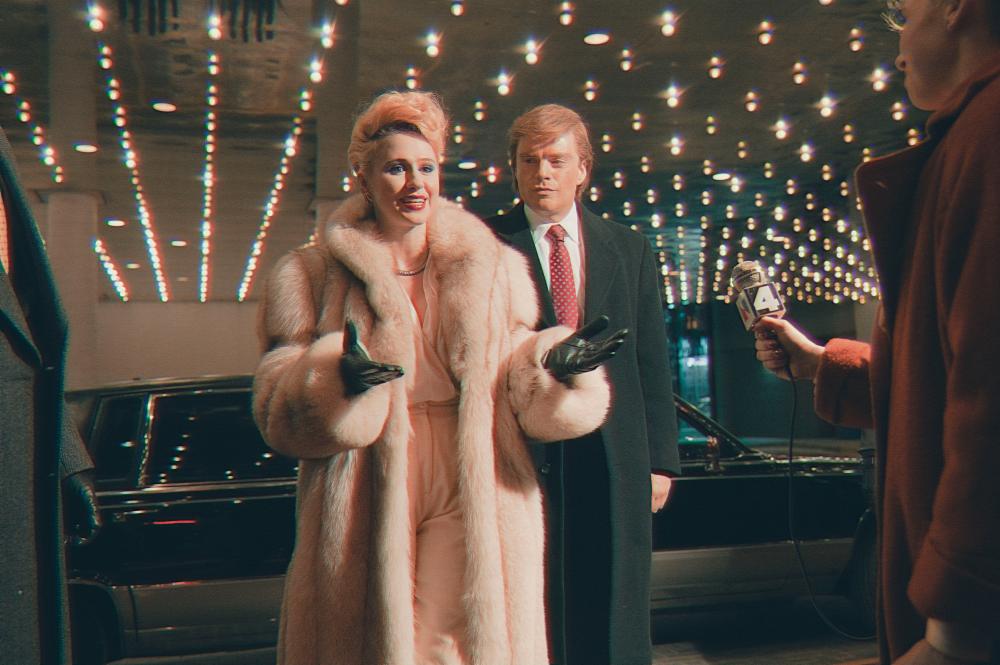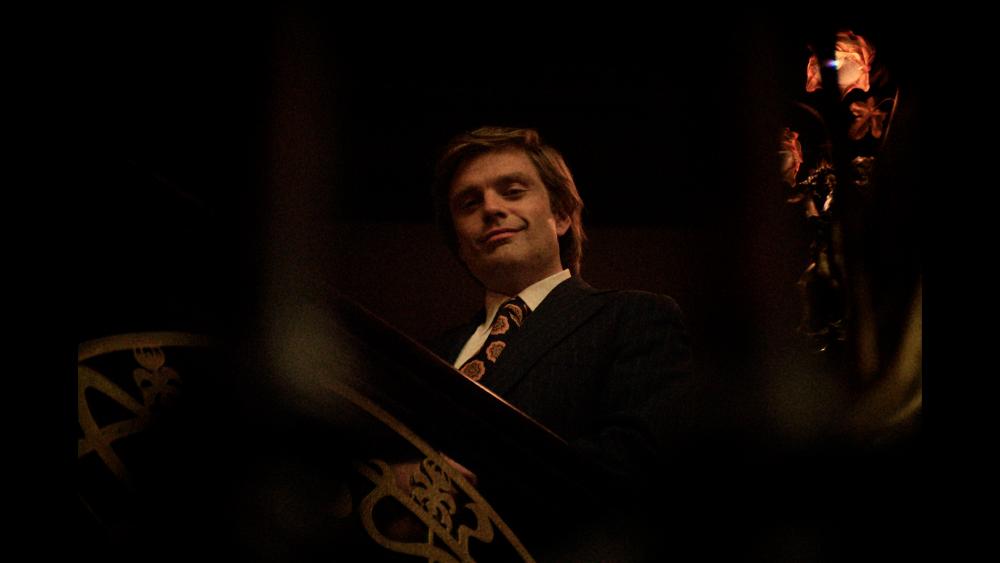IT is fitting that The Apprentice appropriates the title of Donald Trump’s most popular television show as Ali Abbasi’s film is less about who Trump is now but rather how the US president of today was created through an “apprenticeship” with one of the country’s most notorious lawyers.
Set through the early 70s and up to late 80s, The Apprentice chronicles Trump’s (Sebastian Stan) rise from a modest landlord to becoming a real estate mogul under the tutelage of Roy Cohn (Jeremy Strong), a lawyer with ties to US president Richard Nixon.
The film covers a wide berth of events that transpired in the two decades, beginning with the racial discrimination lawsuit against Trump’s father’s real-estate business and his plans to take over the Commodore Hotel (now the Hyatt Grand Central New York).
As The Apprentice progresses, it details Trump’s relationship with his first wife Ivana (Maria Bakalova), the creation of Trump Tower, the death of Trump’s older brother Fred, the ghostwriting of his autobiography The Art of the Deal and Cohn’s mentorship that ends with his demise. It comes full circle with Trump appropriating what Cohn taught him as his own.

Fact or fiction
For the most part, the film covers events that teeter on the fence in between whether it happened or did not. It is the most inconsistent aspect of the story because at around three quarters into The Apprentice, the line that separates real, factual events and made-up fiction becomes even more blurred.
With about 30 minutes or so left, The Apprentice starts dropping literal quotes by and references to Trump that were only said or surfaced in the 2010s while the back end of the film is taking place in the 1980s.
It is such a Deadpool-esque, fourth wall break that it can take the viewer out of the film if they kept up the entire pop culture craze around Trump since 2015. Then the question becomes whether the film is biographical or just liberal fiction put together as an attempt to take Trump down during his re-election campaign?
Though the honesty of the film becomes murky by its end, the one thing that remains clear is how The Apprentice’s real value lies in the performances by Stan and Strong.

Anchored by actors
If the film’s title is not already an indicator of it, Stan’s Trump is the focal point of the film but Strong as Cohn comes in swinging from the very first introduction of his character in a dark, smoky room in a bar, easily cementing himself as the second lead of the film.
A stark contrast to his role as Kendall Roy in Succession that nabbed him several Golden Globes and Emmy awards, Strong’s carries his Cohn as an intensely dark, Faustian figure of the American political elite. He creates a balance to what Stan brings to the table as Trump.
Completely removed from the exaggerated parodies, satire or mimicry of Trump, Stan’s Trump is a bona fide demonstration of dramatic restraint. The actor knows and understands that the US president wears several masks, switching between each in private, in front of the television and in public.
Ultimately, the film is an effective vehicle for Strong’s gradual return to acting and for Stan to break away from the Marvel Cinematic Universe typecast by displaying his weighty acting chops. Even when it flounders, the film and its humanist approach to Trump is lead steadily by its two leads and their diametrically opposed performances into and out of rocky waters. If only the same can be said for the real world America during its recent election, after it is led into a storm by its two political parties and left to drown.
The Apprentice is available on Amazon Video, Apple TV and Microsoft Store.









